Last Updated on July 7, 2024 by Max
Introduction
Diet is one of the pillars determining a person’s health, particularly heart health. For the last three years, 25 leading American experts have ranked the Pesco-Mediterranean diet as the #1 among 35 other diets for overall health in terms of nutrition, safety, easiness to follow, effectiveness for weight loss, protection against cardiovascular disease, and diabetes. American Dietary Guidelines and the American College of Cardiology/American Heart Association endorsed the traditional Mediterranean diet as the best diet for human health and longevity.
How did the Pesco-Mediterranean diet deserve such accolades?
The Pesco-Mediterranean diet
– Reduces the incidence of myocardial infarction by 29% and stroke – by 42%;
– Reduces the risk of myocardial infarction recurrence by 73%;
– Lowers the risk of mortality from coronary artery disease by 34%;
– Lowers risks for metabolic syndrome, diabetes, cognitive decline, Alzheimer’s disease, depression, overall cancer mortality, and breast and colorectal cancers;
– Improves quality of life and longevity.
The Pesco-Mediterranean diet involves eating plant foods (fruits, vegetables, legumes, seeds, tree nuts, and whole grains), fish/seafood as the principal source of high-quality animal protein, olive oil as the major fat source, modest amounts of fermented dairy products (yogurt and soft cheese) and eggs, as well as some alcohol consumption (ideally red wine with the evening meal), but few red and processed types of meat.
Is the Mediterranean diet a decent diet to follow?
Tens of different diets may have been approved for certain health conditions, nevertheless, have various limitations to recommending them as fully satisfying human needs in nutrition on one hand and keeping up his health for his life on the other hand.
We humans have evolved as omnivorous creatures, as shown by the anatomy and physiology of our digestive system. Therefore, any artificial restrictions on food sources may have negative health outcomes. The so-called Western diet based predominantly on meat and animal products is rapidly spreading all over the world. The prevalence of concomitant diseases of this diet, such as cardiovascular disease (CVD), diabetes, gastrointestinal cancers, and obesity are also rocketing. Various vegetarian diets have been adopted as an alternative to the Western diet and to cut the risk of CVD and cancer. However, diets excluding animal-based food can result in some nutrient deficiencies such as vitamin B12, high-quality proteins, iron, zinc, omega-three fatty acids (u3FA), vitamin D, and calcium. Studies suggest that strict veganism raises the risk for bone fractures and loss of muscle tissues.
Is the Mediterranean diet the only decent to follow to ensure you have a nutritious diet and good health? Yes, it is. Many epidemiological studies and randomized clinical trials show that the Mediterranean diet is related to lower risks for all-cause and CVD mortality, coronary heart disease, metabolic syndrome, diabetes, cognitive decline, Alzheimer’s disease, depression, overall cancer mortality, and breast and colorectal cancers.
So, most naturally, without the use of drugs and surgery, the Mediterranean diet can cut the dire outcomes of the quiet pandemic of our time –the food revolution.
Over the past three years, we all have witnessed a terrible viral pandemic that has claimed millions of lives. Although it is still raging in some countries, effective vaccines have already been created to stop the pandemic’s further spread. Scientists, governments, and ordinary people have mobilized to confront the pandemic.
One can make an analogy between the COVID-19 vaccine and the Pesco-Mediterranean diet; this diet is indeed a life-saving vaccine that can prevent millions of premature deaths, improve the quality of life, and release so much creative energy. So, we can exclaim “Eureka” and advertise it wherever we can. Unfortunately, this is not happening. Do your part to protect your family, loved ones, and friends, and help to spread the word about the best eating style in the world in your circles.
Scientific evidence backing the Pesco-Mediterranean diet.
Seafood is the key part of the Pesco-Mediterranean diet. The Dietary Guidelines for Americans recommend including at least two fish/seafood meals a week, totaling at least 8 to 10 oz/week ((Millen B.et. al., 2015).
In a Greece study of 22,043 participants (Trichopoulou A. et al. (2003)) a higher level of adherence to the Mediterranean diet correlated with a 25% decrease in total mortality and a 33% of cut in death due to CHD.
The PREDIMED was a randomized clinical trial conducted in Spain on elderly people at high risk but with no CVD at enrollment. The study tested three diets:
- a Mediterranean diet + extra-virgin olive oil (EVOO),
- a Mediterranean diet + mixed nuts (walnuts, almonds, and hazelnuts),
- and a low-fat diet (Estruch R et al. 2018).
During the 4.8-year study, the first and the second groups showed significant cuts of 29% for myocardial infarction, stroke, and death from these conditions and 42% for stroke.
The Lyon Diet Heart study was another randomized clinical trial that tested if a Mediterranean diet may prevent recurrences after a first myocardial infarction (MI). Six hundred five survivors of a first MI were randomly distributed into either a control or a Mediterranean group. The Mediterranean diet group observed an impressive 73% reduction in the risk of new MI.
An analysis of 5 dietary studies of coronary artery disease (CAD) mortality among vegetarians and meat-eaters found: Compared with nonvegetarians, CAD mortality was
- 34% lower in the Pesco-Mediterranean diet group
- 34% lower in lacto-ovo-vegetarians,
- 26% lower in vegans,
- and 20% lower in occasional meat-eaters (Key TJ et al. 1999).
Adventist Health Study 2 (a 6-year study involving 73,308 individuals in North America) reported a reduced rate of all-cause mortality in vegetarians compared with nonvegetarians. However, pesco-vegetarians had the lowest risks compared with vegans, lacto-ovo vegetarians, and semivegetarians.
In the Oxford study, which included 48,188 participants with 18 years of follow-up, the rate of CAD was much lower among vegetarians and pescatarians compared with meat-eaters (Tong TYN et al. 2019). The study observed an interesting fact that vegetarians, but not pescatarians, had significantly higher rates of hemorrhagic strokes and total strokes compared with meat-eaters.
The components of the Pesco-Mediterranean diet.

Fish and seafood.
The Pesco-Mediterranean eating style is primarily a plant-rich diet, but fish and seafood provide the preferable animal food sources. Due to fish and seafood, the Pesco-Mediterranean diet is rich in u-3FA, zinc, iodine, selenium, B vitamins, calcium, and magnesium. Moreover, fish and seafood give high-quality protein, which is important for the building and sustaining of muscle and bone tissues.
Recent reviews, including more than 130 000 individuals, showed that fish/seafood eating during pregnancy was connected with benefits to brain development in offspring that became significant at 4 oz/week and increased from there. There were no adverse effects even when the amount of fish/seafood consumption exceeded 100 oz/week (Hibbeln JR et al. 2019).
When choosing fish, it is prudent to pick low-mercury fish, such as salmon, sardines, trout, herring, and anchovies. All of them are high in u-3FA, and scallops, shrimp, lobster, oysters, and clams, are also low in mercury. Upon cooking, use lower temperatures until flesh is opaque; avoid charring or burning fish/seafood, which can cause carcinogenic compounds.
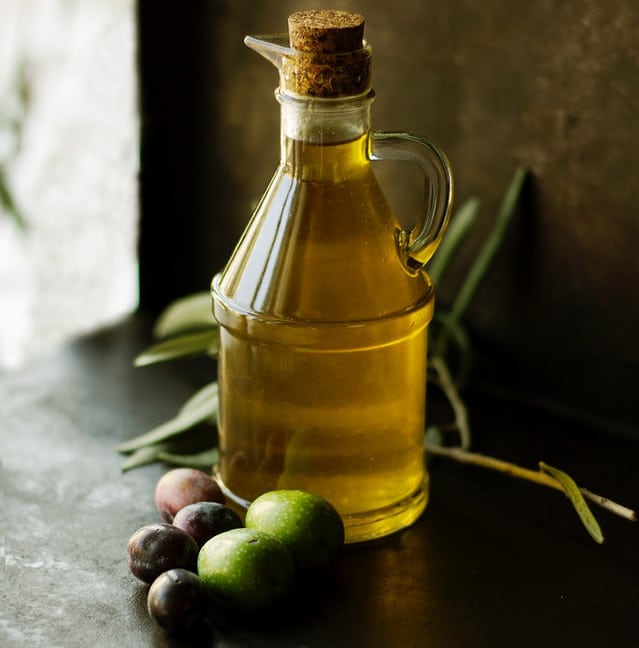
Extra virgin olive oil (EVOO).
EVOO is unrefined oil obtained by cold pressing olives, which is equal to pure olive juice. EVOO keeps highly bioactive polyphenols, which are deemed to hold cardioprotective benefits, such as reduced low-density lipoprotein cholesterol (bad cholesterol) and increased high-density lipoprotein cholesterol (good cholesterol), and lower diabetes risk.
The presence of polyphenols in the oil is felt by a tingling or burning sensation in the back of the throat a few seconds following after swallowing olive oil.
Along with vinegar, plentiful use of EVOO for dressing salads and vegetable dishes is encouraged. It is also recommended to simmer minced tomatoes, garlic, onions, and aromatic herbs as a sauce for vegetables, pasta, rice, fish, or legumes.

Dairy products and eggs.
Dairy products and eggs are also included in the Pesco- Mediterranean diet as important sources of high-quality protein, minerals, probiotics, and vitamin D. Preference is given to fermented dairy products such as yogurt, kefir, and soft cheeses; butter and hard cheese are not recommended, as they are rich in saturated fats and salt.
Eggs as a superfood include high-quality nutrients in the most bioavailable form: all essential amino acids, vitamins: A, D, B2, B12, niacin, minerals: selenium, iodine, phosphorus, zinc, and carotenoids: lutein, zeaxanthin. While some recent research suggests that egg consumption is not associated with blood cholesterol levels, it should be borne in mind that each yolk contains about 184 mg of cholesterol. The Pesco-Mediterranean diet recommends no more than five yolks a week, and egg whites can be consumed without limit.

Tree nuts.
Tree nuts include almonds, Brazil nuts, cashews, hazelnuts, pistachios, macadamias, pecans, pine nuts, and walnuts. Nuts are nutrient-dense foods rich in unsaturated fats, fiber, protein, polyphenols, phytosterols, tocopherols, and minerals. Randomized clinical trials have shown that diets enriched with nuts improve insulin sensitivity, lipoprotein profile, and lower inflammation.
For the first time, Adventist Health Study (G.E. Fraser et al. 1992) linked nut eating to a reduced risk of coronary heart disease.
A randomized clinical trial by J. Sabaté et al. (1993) showed that a diet enriched with walnuts lowered blood cholesterol compared with a healthy control diet.
Nut consumption is correlated with reduced mortality rates from both CVD and CAD, as well as decreased risks of diabetes. One daily serving of mixed nuts resulted in a 28% reduction in CVD risk.
Reasonable consumption of nuts does not promote weight gain.

Legumes.
Legumes also play a central role in the traditional Mediterranean diet. Legumes are an invaluable source of fiber, vegetable protein, folate, polyphenols, and magnesium. Legumes eating can reduce the risk of incident and fatal CVD and CAD, as well as improvements in blood glucose, cholesterol, blood pressure, and body weight.
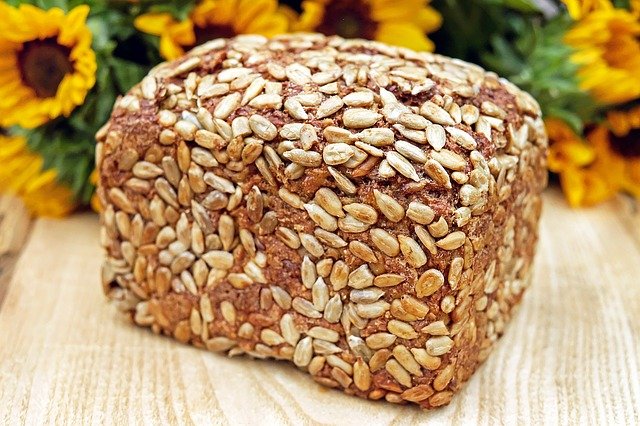
Whole grains.
An indispensable part of the Mediterranean diet is whole grains, such as barley, whole oats, rye, corn, buckwheat, brown rice, and quinoa.
Homemade pizza, pasta, or mixed rice dishes are authentic and healthy Mediterranean foods. Pasta, despite being a refined carbohydrate, has a low glycemic index. According to a recent study, pasta may even help decrease body weight (Chiavaroli L et al. 2018).
White rice, like pasta, is usually cooked with a sauce including EVOO, tomatoes, other vegetables, and aromatic herbs, thereby adding beneficial nutrients and bio-actives to these starchy but nutritive foods that are likely to lower their glycemic index further.
The primary beverage of the Mediterranean diet is unsweetened water. Tea and coffee are noncaloric and rich in antioxidants, particularly polyphenols, and are associated with improved CVD issues.
For alcohol lovers, the Pesco-Mediterranean diet recommends dry red wine, no more than a single glass (#6 oz or 170 ml) for women and 1 or 2 glasses/day for men (6 to 12 oz or no more than 340ml) consumed with meals.
Servings shown in the table below are for a person of average weight and height. Obviously, they cannot be the same for a person weighing 70 kg and 120 kg. or a person employed in intensive physical labor and an office worker. The portions are always easy to adjust for yourself, proportionally changing the constituent parts.
| Pesco-Mediterranean Diet | |
|---|---|
| Recommended foods | Amount of food |
| Fish/seafood | Three or more times a week, 100g/ 3.5 oz – 1 serving |
| Vegetables | Three or more servings a day, 225g/8 oz a day |
| Fresh fruits | Two or more servings a day, 300g/11 oz a day |
| Legumes | Three or more servings a week, 150g/ 5.3 oz – 1 serving |
| Whole grains | Three or fewer servings a week, 120g/ 4.4 oz – 1 serving |
| Tree nuts | One or more servings a day, 30g/1 oz – 1 serving |
| EVOO | Four or more tablespoons/day |
| Sofrito* | Two or more servings/week |
| Foods allowed with caution | |
| Lean fresh red meat | no more than 1 time (112g/4 oz) a week |
| White meat | no more than 2 times a week, 112g -1 serving |
| Eggs | Five yolks/week |
| Dry red wine | 6 oz/day for women 12 oz/day for men |
| Soft cheeses, Dark chocolate | |
| Foods that should be avoided | |
| Processed meats (e.g., bacon, sausage, hot dogs, ham, deli meats, cold cuts). | Most refined carbohydrates, such as products made with added sugars and/or white flour (e.g., commercial bakery goods, cookies, cakes, pies, candy, mashed potatoes, rolls, tortillas, and chips) |
| Sweets | Soda drinks and sweetened fruit juices |
| Butter and margarine | Artificially sweetened beverages and foods |
Intermittent fasting is an integral part of the Pesco-Mediterranean diet.
Intermittent fasting is the practice of eating where the entire daily food intake is restricted to a specific time frame, usually 6 to 12 hours.
This is a daily eating culture for a lifetime, rather than a course with a specific duration, and it is not compatible with routinely eating three large meals plus snacks every day.
Intermittent fasting reduces intra-abdominal fat, the most dangerous adipose tissue for prostate health. Evidence is growing that eating for 6 hours and fasting for 18 hours can switch cellular metabolism from glucose-based to ketone-based energy, with increased stress resistance and longevity, reduced inflammation, and a decreased rate of illnesses, including cancer, diabetes, CVD, neurodegenerative diseases, and obesity (de Cabo R ey al. 2019).
The most prevalent form of intermittent eating involves a 16:8 fasting to eating ratio and includes two rather than three meals a day. So, although you have two not restricted calories meals, the overall amount of consumed food during a day is reduced by 15 to 60 percent, which may help to stabilize your body weight. If you do not have any contraindications or preferences, the easiest way is to deny breakfast. After a 12-hs overnight fast, the body starts using fats from adipose cells to burn as metabolic fuel instead of glucose in the morning. This improves insulin sensitivity. Fasting does appear to lower blood pressure and resting heart rate and enhance cardiovascular health even in nonobese people.
Conclusions.
Today we are proud to live in a free country where everyone is free to choose their lifestyle, including the style of eating. Just think, do we voluntarily choose to eat the food that causes so much trouble: one in two men and one in three women is diagnosed with cancer, cardiovascular diseases kill 655,000 Americans every year, and a third of the population is obese. It is estimated that one-third of all cancer deaths in the United States could be prevented through dietary change.
We must show everywhere that there is another choice, and the results of comparative studies of different diets should not be published only in scientific journals but also intelligibly reach the general public at every step. Then consciousness will change, and after it, the need to eat wholesome, healthy food, which gives joy and longevity.
The Pesco- Mediterranean diet with daily fasting for 16 hs and accent on eating fish and seafood as the principal sources of animal protein is proposed as an ideal diet for health and longevity.
The post was based on the findings published in the Journal of the American College of Cardiology in 2020 (James H. O’Keefe et al. 2020).
Literature.
- Millen B, Lichtenstein AH, Abrams S, et al. Dietary Guidelines for Americans 2015-2020. Eighth Edition. U.S. Department of Health and Human Services. Washington, DC: U.S. Department of Health and Human Services, U.S. Department of Agriculture, 2015.
- Estruch R, Ros E, Salas-Salvado J, et al. Primary prevention of cardiovascular disease with a Mediterranean diet supplemented with extravirgin olive oil or nuts. N Engl J Med 2018;378:e34.
- Key TJ, Fraser GE, Thorogood M, et al. Mortality in vegetarians and nonvegetarians: detailed findings from a collaborative analysis of 5 prospective studies. Am J Clin Nutr 1999;70:516S–24S.
- Tong TYN, Appleby PN, Bradbury KE, et al. Risks of ischaemic heart disease and stroke in meat eaters, fish eaters, and vegetarians over 18 years of follow-up: results from the prospective EPICOxford study. BMJ 2019;366:l4897.
- Hibbeln JR, Spiller P, Brenna JT, et al. Relationships between seafood consumption during pregnancy and childhood and neurocognitive development: Two systematic reviews. Prostaglandins Leukot Essent Fatty Acids 2019;151:14–36.
- G.E. Fraser, J. Sabaté, W.L. Beeson, et al. A possible protective effect of nut consumption on risk of coronary heart disease. The Adventist Health Study. Arch Intern Med, 152 (1992), pp. 1416-1424.
- J. Sabaté, G.E. Fraser, K. Burke, et al. Effects of walnuts on serum lipid levels and blood pressure in normal men. N Engl J Med, 328 (1993), pp. 603-607.
- Chiavaroli L, Kendall CWC, Braunstein CR, et al. Effect of pasta in the context of lowglycaemic index dietary patterns on body weight and markers of adiposity: a systematic review and meta-analysis of randomised controlled trials in adults. BMJ Open 2018;8:e019438.
- de Cabo R, Mattson MP. Effects of intermittent fasting on health, aging, and disease. N Engl J Med 2019;381:2541–51.
- James H. O’Keefe et al. A Pesco-Mediterranean Diet With Intermittent Fasting. Journal of the American College of Cardiology. Vol. 7 6, No. 12, 2020.
- Trichopoulou A. et al. (2003). Adherence to a Mediterranean diet and survival in a Greek population. N Engl J Med. 2003 Jun 26; 348(26):2599-608.
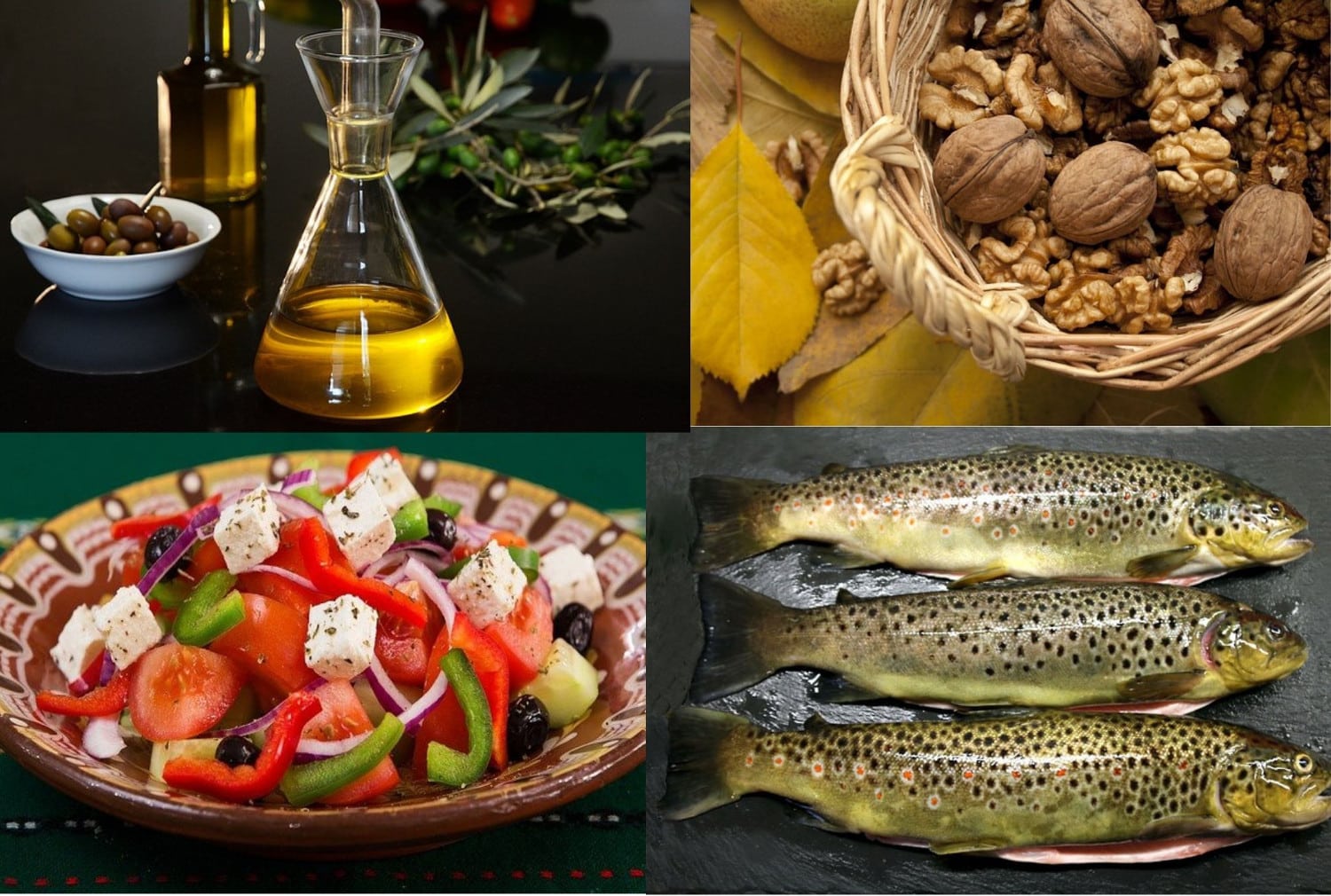

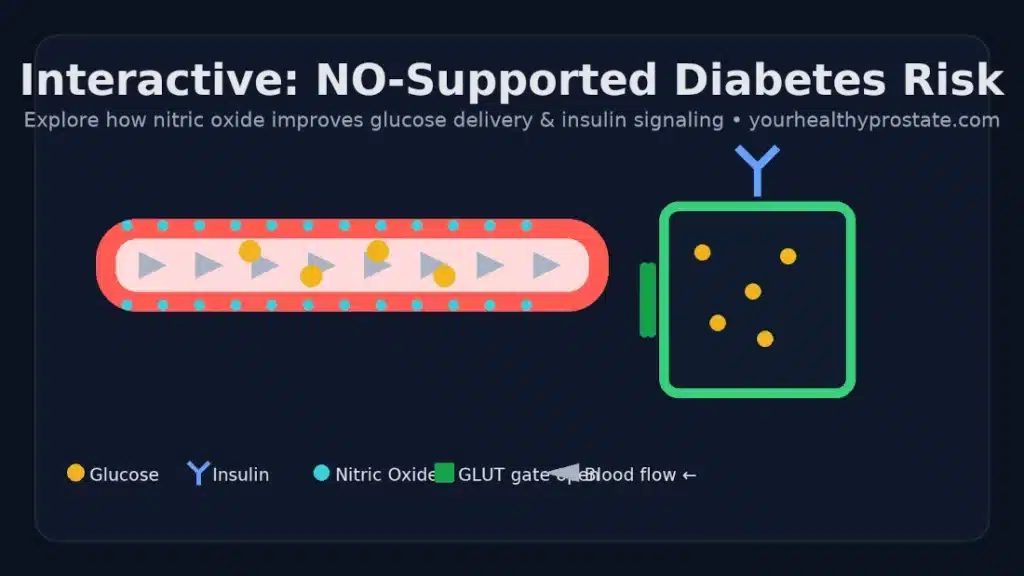



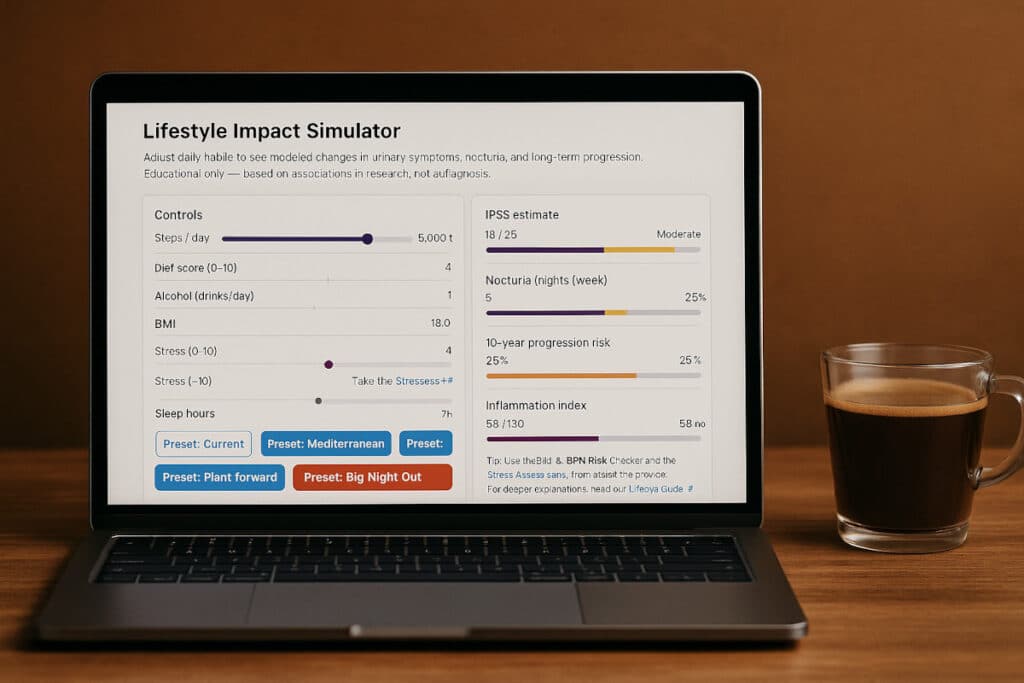
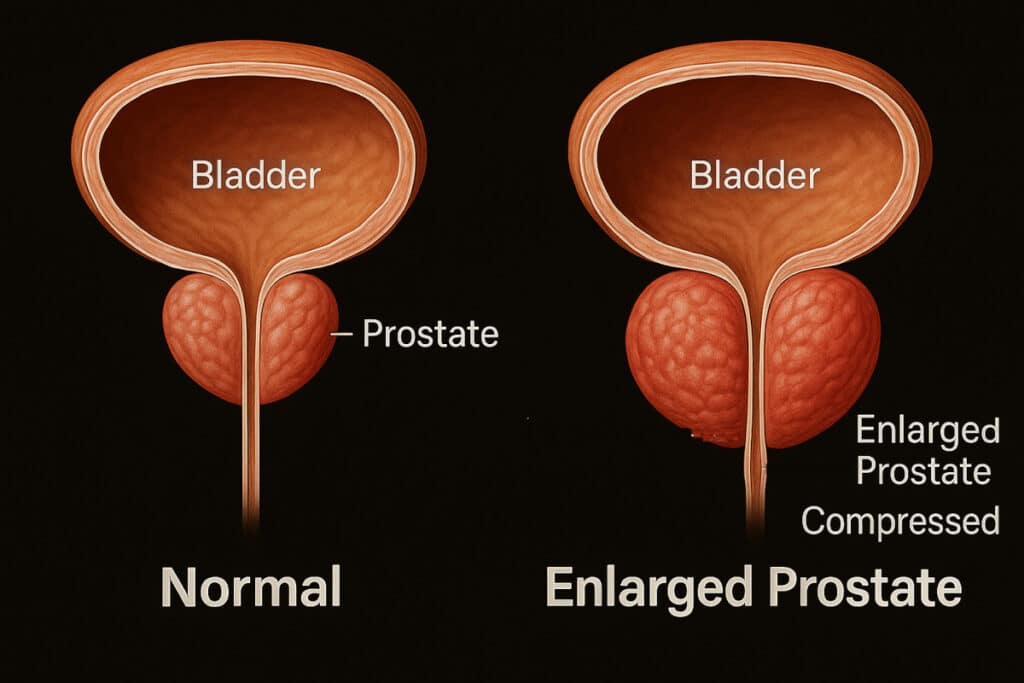
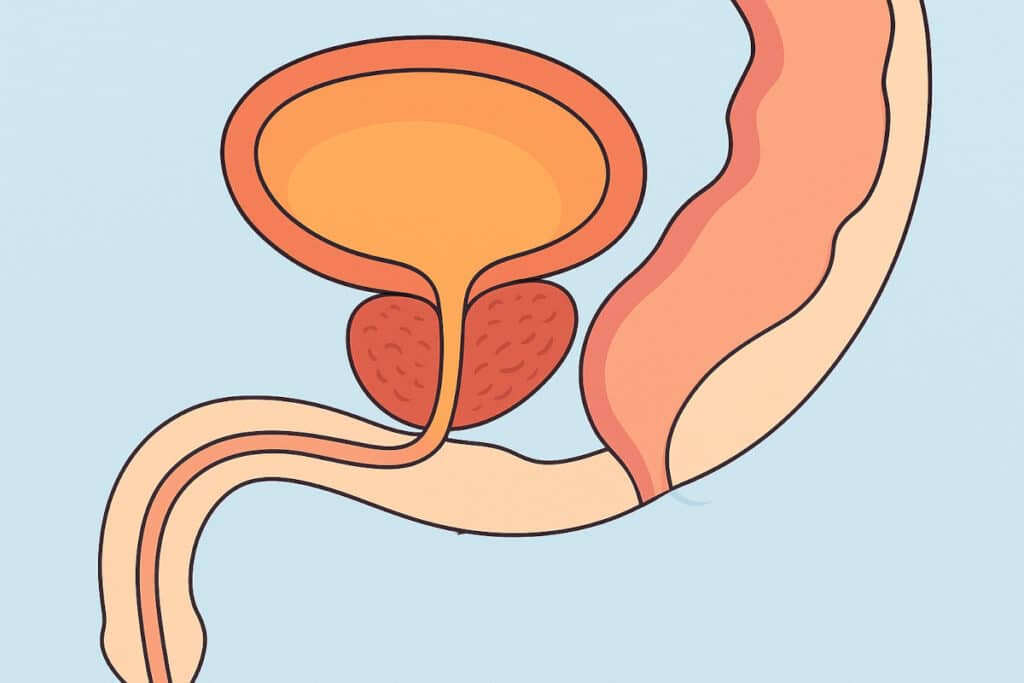
Hi I have done some intermediate fasting before, but I never thought to just use fish and not to include meat. This could be my final step to use more weight and to become healthy again. Do you eat any kind of fish or do you also pick out specific species? thanks!
Hi Lizzy
Thanks for the comment. When it comes to fish in the Mediterranean diet, fish and seafood are the main sources of high-quality animal protein, and meat plays a secondary role. But as you may have noticed, the Mediterranean diet does not ban meat, limiting its consumption to 1 serving per week for red meat and 2-3 servings for white meat. I prefer wild-caught salmon four times a week and seafood 2-3 times a week. And my diet usually includes 3-4 servings of white meat a week too.
This was an enlightening article covering a new diet that I had never heard of – the Pesco-Mediterranean diet immediately caught my attention when you listed the statistics on how it can help with health. As an older person now, I am more conscious of what I eat, how I eat, and when I eat. Any dietary changes that will provide a healthier life I am all in for.
Throughout my life to now, I have attempted to eat healthy, avoiding processed foods and excesses of anything, staying in as good of physical condition as possible, and even supplemented my diet with a variety of herbs, vitamins, and drinks such as Apple Cider Vinegar (no soda at all, ever).
Moving on to this suggested diet, I can see that with a few changes to what I am currently doing, likely I can get even more results. The fruits, vegetables, legumes, seeds, tree nuts, and whole grains are already in place. I simply need to increase my fish/seafood consumption and perhaps reduce my red meats and processed meats…
It is good to know that I am on the right track. The other two things I might look at are intermittent fasting and adding in a glass of red wine for the evening meals. Easy additions! Thanks for posting this information, extremely useful for an old guy like me who wants to hang around a while longer!
Dear Dave,
Glad you liked the article! It’s awesome that you’re thinking about your diet and looking for ways to stay healthy. It sounds like you’re already doing a lot of good stuff, like eating fruits, veggies, and whole grains.
Adding more fish and cutting back on red and processed meats can definitely give your health an extra boost. And giving intermittent fasting and a glass of red wine a go could be cool to see how they work for you.
Remember, it’s all about finding what feels right for you. Keep exploring and trying new things, and thanks a bunch for sharing your thoughts! Wishing you lots of good vibes and healthy days ahead!
Best Regards,
Max
Very interesting read to say the least. It’s clear that this diet isn’t just a choice; it’s a potential life-saving tool. The comparison to a vaccine underscores its significance. Kudos for raising awareness about this remarkable dietary approach! Amd obviously for taking the time and effort to share this with us!
Hi Stratos,
Thank you so much for your kind words and for recognizing the potential impact of the Pesco-Mediterranean diet. It’s indeed more than just a meal plan; it’s a lifestyle change with profound benefits. Like a vaccine, it can be a preventive measure, not just for physical health but also for overall well-being.
Best regards
Hi Max-
Maintaining a healthy diet is something that all of us struggle with every so often. There is a lot of temptation out there- consider coupons, fast food joints, and buy one get one free. Though we need to be disciplined to make lifestyle and diet changes.
I am an advocate for the Pesco-Mediterranean diet which promotes eating fish, tree nuts, extra virgin olive oil, and last but least legumes. Personally, I do not follow the diet strictly, but I have decreased the amount of meat I eat. In its place, I eat more fish/seafood due to health benefits, such as Omega-3 fatty acids, low fat, and high protein.
What inspired you to write this article? And what new healthy foods have you incorporated into your diet?
Godwin
Hi Godwin,
Thank you for sharing your thoughts and personal experience adapting to a healthier diet. It’s a challenge, especially with the constant bombardment of tempting, less healthy options. Your shift towards more fish and seafood is commendable and certainly aligns with the principles of the Pesco-Mediterranean diet.
My inspiration for writing this article stemmed from a deep dive into research about longevity and lifestyle diseases. The evidence supporting the health benefits of the Pesco-Mediterranean diet, particularly its heart-protective qualities and potential for enhancing lifespan, was too significant not to share.
As for my diet, I’ve embraced a variety of nuts for their healthy fats, and I’ve been exploring different types of fish to keep meals exciting. Legumes have become a staple for their fiber and nutrients, and I’ve been experimenting with incorporating more seasonal vegetables to get a broader range of vitamins and antioxidants.
It’s all about balance and making informed choices. Keep up your fantastic work towards a healthier lifestyle, and thank you for engaging with the content!
Warm regards,
Max.
This is a good article. As someone who has an MPH in nutrition, I’m trying to eat healthier. I use a lot of olive oil in my cooking. I also consume a lot of fish. I do my best to consume fruits and veggies. Cutting back on red and processed meats are good for the health. I also want to consume white cooked meats as well as darker meats increase the risk of cancer. Thank you!
Hi Anshu,
It’s fantastic to hear from someone with a background in nutrition! Your proactive approach to health through diet is commendable. Olive oil, known for its heart-healthy fats, and fish, rich in Omega-3s, are indeed staples of longevity and wellness.
You’re spot on about the benefits of reducing red and processed meats. Studies have consistently shown their reduction can decrease cancer risks. Opting for white meats, particularly when cooked at lower temperatures, can be a healthier alternative due to fewer harmful compounds formed during cooking.
Your dedication to incorporating a broad spectrum of fruits and veggies is also excellent, as they introduce diverse antioxidants and essential nutrients into your diet.
Keep up the fantastic work with your nutritious diet, and thank you for sharing your insights and practices. It’s exchanges like these that enrich our community’s knowledge and motivation to stay healthy!
Best regards,
Makhsud
Intermittent fasting is very fashionable these days with all kinds of diets. And Mediterranean diet is no exception. Personally I’ve experienced the intermittent diet with another diet but I can tell that it’s amazing! Indeed, I only focused on eating healthy food, and I did very well! A huge meal mid-morning, and a smoothie mid-afternoon, and my day is complete!